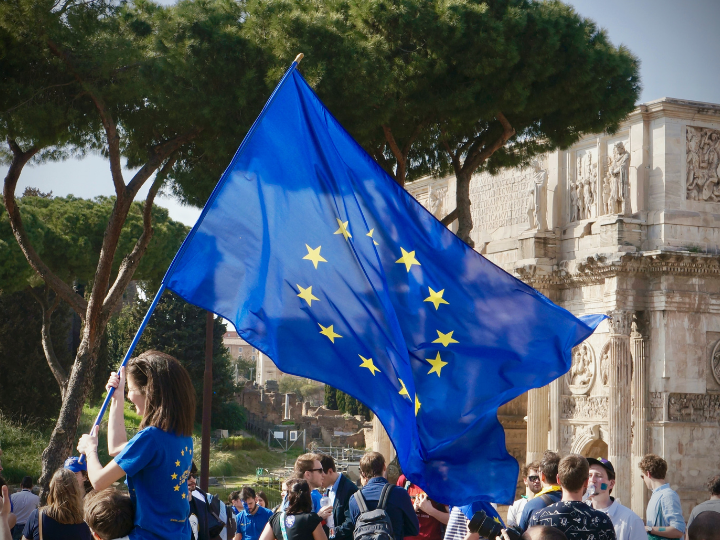by Ilhan Kyuchyuk*
In a deeply divided world, the European Union needs to take a more proactive role, deepening its federalism and working towards a more cohesive political and fiscal union.
On the occasion of Europe Day, we celebrate the 73rd anniversary of the Schuman Declaration, which laid the foundation for the European Union we know today. As we look back on the progress the EU has made, we must also consider the importance of preserving our achievements by continuing to move forward with deeper integration.
Europe has long been driven by the ideal of creating a federation of free states. Over the years, the EU has embodied this dream, emerging as a post-modern entity that transcends the confines of the nation-state.
But the world is a very different one from the one at the end of the Cold War, and the EU must now navigate a landscape marked by economic crises, pandemics, deglobalization, and great power conflict.
Despite the challenges, the EU must remain committed to its ideals and work towards integrating the Western Balkans and Ukraine.
These regions have long been plagued by instability and conflict, and their accession to the EU would signal the expansion of a peaceful and prosperous continent. Furthermore, integrating these regions would create a more unified and powerful Europe, better equipped to face the emerging threats of the 21st century.
However, the EU’s current structure as a confederation of states presents several issues that must be addressed to ensure its survival and continued growth. The divergence of economies within our monetary union and the lack of a fully integrated single market have led to various reduced dynamism in the information and technology sector.
As global markets become less open and countries turn towards protectionist policies, we have to adapt and strengthen the EU’s economic foundations.
This includes working towards a more integrated single market, developing a cohesive industrial policy and continuing to champion free trade. While such efforts may create friction between member states, they are essential for the EU to maintain its relevance in the world stage.
We face several security threats, including a possible conflict with Russia which could potentially be backed by China.
On top of that, we must address climate change, a problem that it cannot solve alone but one that the EU has always led on. These challenges necessitate a more robust security posture and a united front from the EU. We can no longer afford to have taboos.
As British journalist Martin Wolf said, the EU must decide whether it wants to be an ally, a bridge, or a power.
In a deeply divided world, it may need to take on a more proactive role, deepening its federalism and working towards a more cohesive political and fiscal union. While this may awaken nationalist reactions and create obstacles, it is essential that we preserve our unity.
By doing so, we can build a stronger, more united Europe capable of weathering the storms that lie ahead. The era of constant crises is here and there is no point in pretending we will go back to the world before 24 February 2022, when Russia launched its unprovoked all-out aggression against Ukraine.
*member of the European Parliament & co-president of the ALDE Party
**first published in: Euractiv.com




 By: N. Peter Kramer
By: N. Peter Kramer

